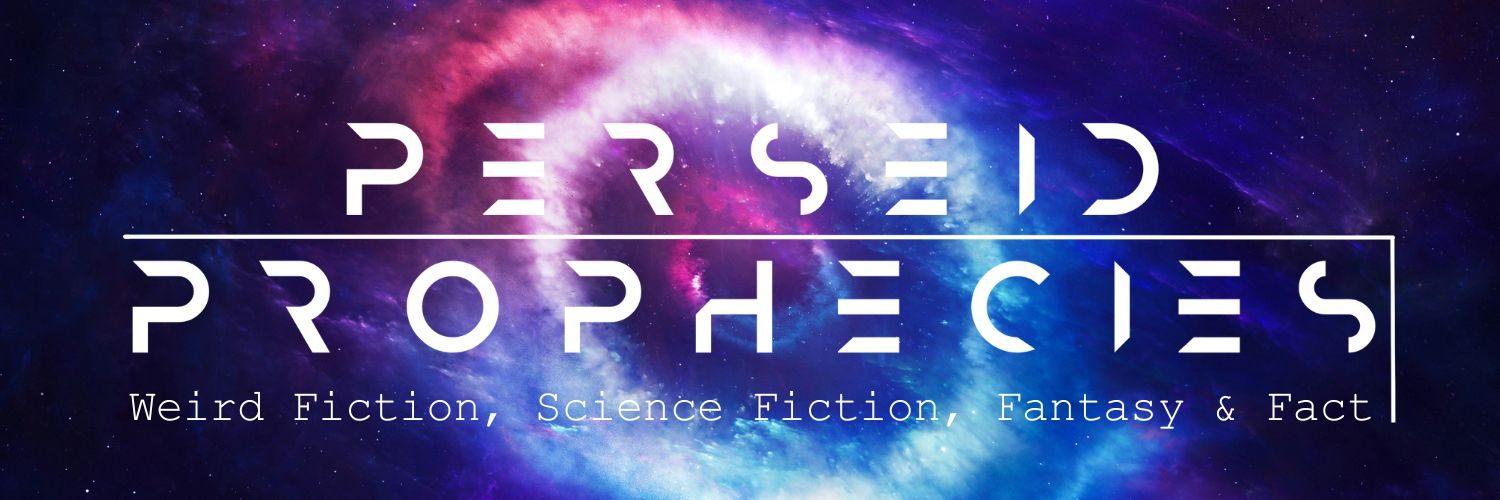If you’re a fan of science fiction or fantasy television or films, you’re likely familiar with the concept of franchise “canon.” Fans of all stripes, but particularly fans of Star Trek, Star Wars, and Lord of the Rings, seem to be particularly invested in their chosen fiction’s history.
Don’t get me wrong, I also get frustrated when some established “fact” is ignored or otherwise disregarded.
But does it really matter? And how much?
Leonard Nimoy, Mr. Spock himself, once said, “Canon is only important to certain people because they have to cling to their knowledge of the minutiae. Open your mind! Be a ‘Star Trek’ fan and open your mind and say, ‘Where does Star Trek want to take me now’.”
I think that may be a little overly harsh, but I don’t disagree with the sentiment. From a storytelling point of view, honoring the broad strokes of what came before is important. Star Wars would be quite different if Lucasfilm decided to ignore that whole “I am your father,” thing.
But on the other hand, from a story consuming point of view, it’s important to let the storytellers take us on that journey, especially if what’s being changed is inconsequential, or if the change is clever. An example of the former might be changing the life-span of the Star Wars species Cerean, so Jedi Master Ki-Adi-Mundi could appear in The Acolyte. An example of the latter might be Star Trek: Strange New World’s updating the timeline of Kahn and the Eugenics Wars.
The Kahn update made sense. Originally, those events took place in the late 1990s. If Star Trek wants to keep up the appearance that this is our future, then an explanation for why these events haven’t occurred is not only appropriate, it’s fertile storytelling ground.
The Ki-Adi-Mudi update is more difficult to parse, since his presence thus far in the High Republic era series does not seem necessary. That said, Lucasfilm does a good job of playing the long game, so there’s likely a good reason. Even if there isn’t, the change isn’t grand or sweeping.
I feel those people who react with anger, some going so far as to lash out with poor reviews, over such small changes are doing themselves a disservice. Have these franchises not earned the benefit of your doubt? Do they not deserve to explore their own fictional histories, altering something here, or even disregarding something there, so long as it leads to interesting and exciting storytelling?
I would argue that any franchise that has existed (and remained popular) long enough to even have an established canon has earned the right to reexamine that history, provide more context, and even change it in the name of story.

